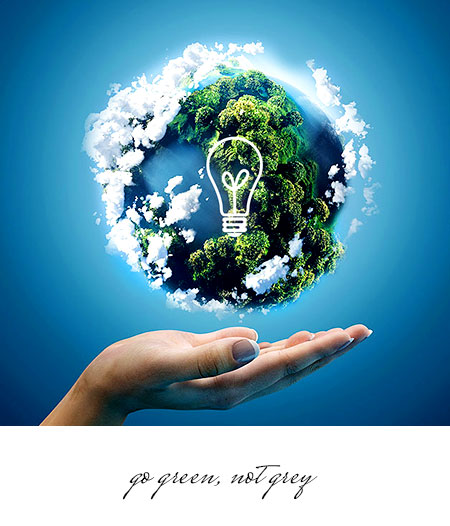To be inspired is great; to encourage others is incredible!
Seeing how our relentless pursuit of progress has brought about countless diseases, sufferings, destruction, and pains is heartbreaking. It’s time we reflect on our actions and find ways to create a healthier and happier world for ourselves and future generations.
Mother Nature is a living entity. When we chant the names of Shri Devi Lakshmi, the first name is Shri Prakriti, which refers to nature in all its glory. Nature gives and takes life; her character is like a mother’s, always caring and willing to give and take when required. All that is present and yourself exists because of her blessings and existence. Losing connection with Mother Nature means losing connection with oneself. Therefore, protecting and caring for the environment and our planet is crucial. Remember that Mother Earth is the most precious treasure of our life.
How to start?
1. BUY ORGANIC
Organic farming is a method of cultivation that refrains from using any artificial chemicals, such as pesticides, herbicides, or fertilisers. In contrast to traditional farming practices, organic farming is a more sustainable and healthier approach to growing crops and raising livestock. By avoiding harmful chemicals, organic farming helps reduce the risk of exposure to toxins that can cause various diseases and disorders. Supporting local farmers practising organic farming is essential to promote healthy living and environmental sustainability.
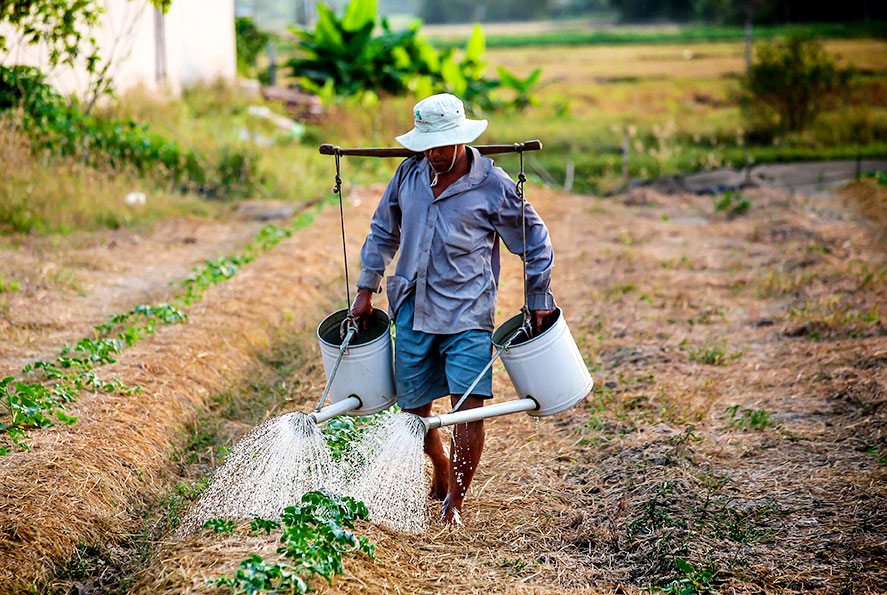
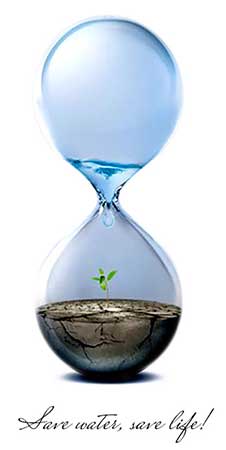
2. SAVE THE WATER
Water pollution is a significant concern for maintaining a healthy ecosystem. The chemicals, pesticides, and detergents you use in your daily lives end up in the groundwater, the primary source of freshwater. To minimise the impact of your activities on the environment, you should be more mindful of your water usage and opt for biodegradable household products that do not contain harmful chemicals such as phosphates. By taking these simple steps, you can contribute towards preserving your planet’s water resources and safeguarding the health of your ecosystems.
WHAT YOU CAN DO:
- Use water rationally
- Use biodegradable detergents (without phosphate)
- Use organic fertilisers
- Do not throw waste near rivers, lakes, seas or ocean
- Start rain harvesting
3. PLANT TREES
Did you know trees play a vital role in our planet’s ecosystem? Unfortunately, approximately 15.3 billion trees are cut down annually, resulting in significant environmental impacts. Over the past 12,000 years, approximately 46% of the world’s trees have been cleared. Trees are essential because they produce oxygen, which is crucial for all living beings. Oxygen helps absorb carbon dioxide, removes pollution, and creates a clean atmosphere. In addition, trees absorb greenhouse gases that fuel global warming. Trees also help to prevent soil erosion, reduce the risk of floods, make the soil fertile, retain moisture in the soil, regulate the world’s water cycle, collect dust in the air, create clouds, and provide numerous other benefits.
WHAT YOU CAN DO:
- Plant 5 trees and tell your friends to do the same,
- Plant green surfaces, flowers and shrubs,
- Educate others about the importance of saving and planting trees,
- Donate and volunteer in planting trees.
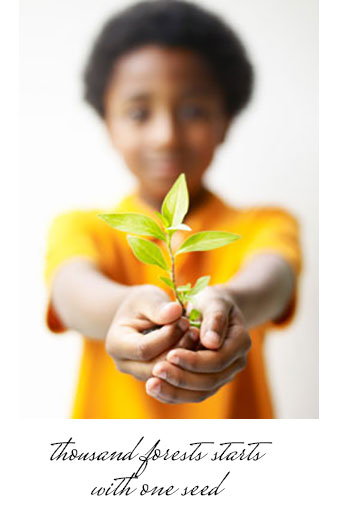
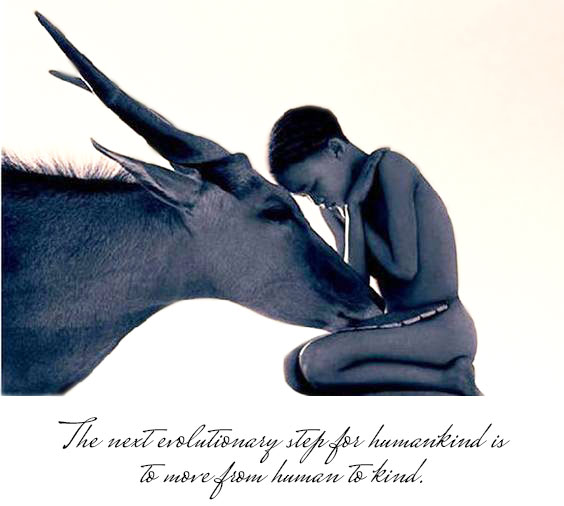
4. PROTECT ANIMALS
The current lack of legal protection for cattle and other animals is a global issue that has led to the mistreatment of animals and cruelty in slaughterhouses. This situation has caused an imbalance in the relationship between people and animals. We all have the power to improve animal welfare by demonstrating respect and care towards animals.
It is disheartening to know that around 115.3 million animals are used for experiments each year. The rapid loss of species in today’s world is alarming, with extinction rates between 1,000 and 10,000 times higher than natural rates. Biodiversity is crucial for a healthy and functional ecosystem. Removing wildlife from their natural habitat upsets the ecosystem’s delicate balance, leading to catastrophic outcomes.
Therefore, it is essential to protect animals, avoid using products tested on animals, and educate others about this matter. Doing so can contribute to building a more compassionate and just world for all living beings.
5. REDUCE WASTE – Reduce, reuse and recycle
In today’s consumer-driven world, we tend to buy more than we need and throw away unused items. It leads to an increase in solid waste, one of the cities’ most significant expenses. It is essential to be mindful of our purchases and to REDUCE our consumption by buying what we need.
Plastic waste is a significant concern for the environment. It accumulates in landfills and releases harmful toxins during decomposition, polluting our soil and water. To combat this, we can use reusable bags made of natural materials like cotton or jute instead of plastic at home and in our cities.
The three R’s—reduction, Reuse, and Recycling—are vital concepts that we should all strive to follow to maintain a healthy, sustainable environment.
